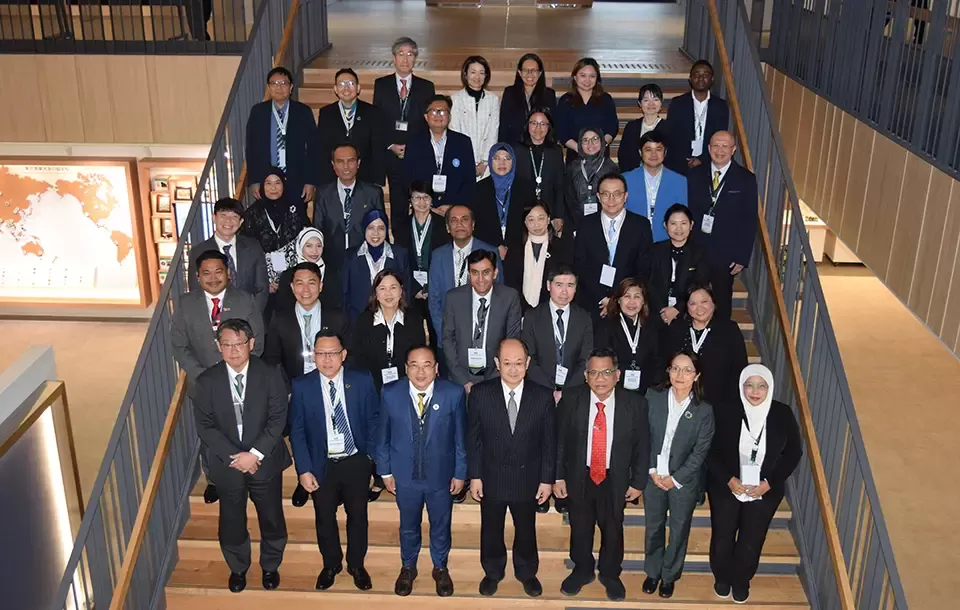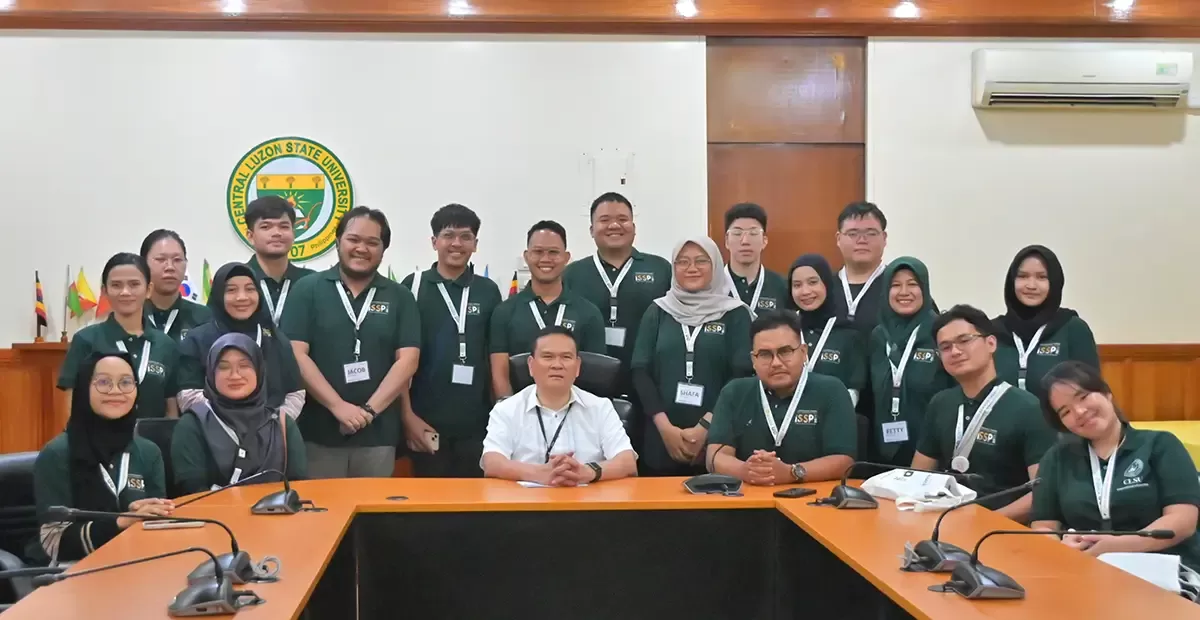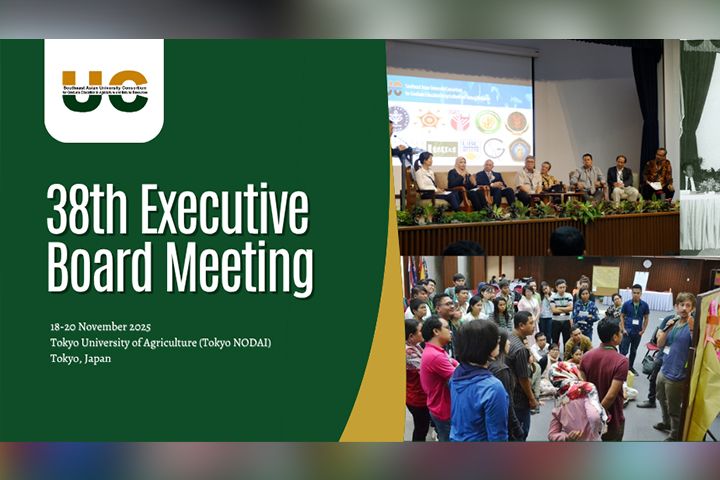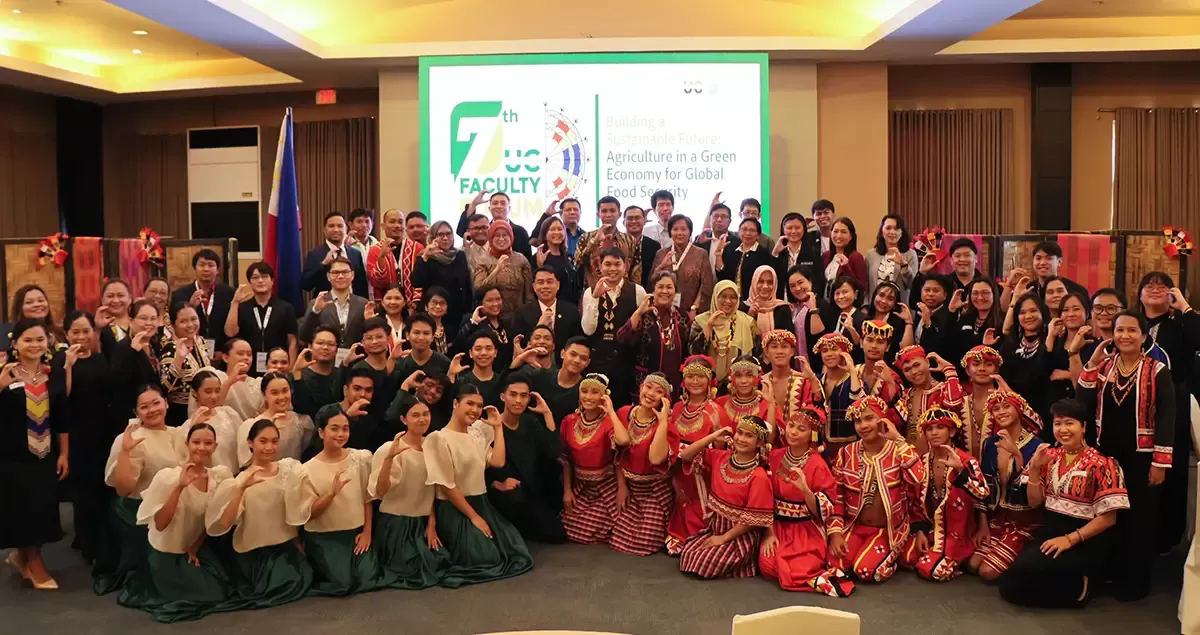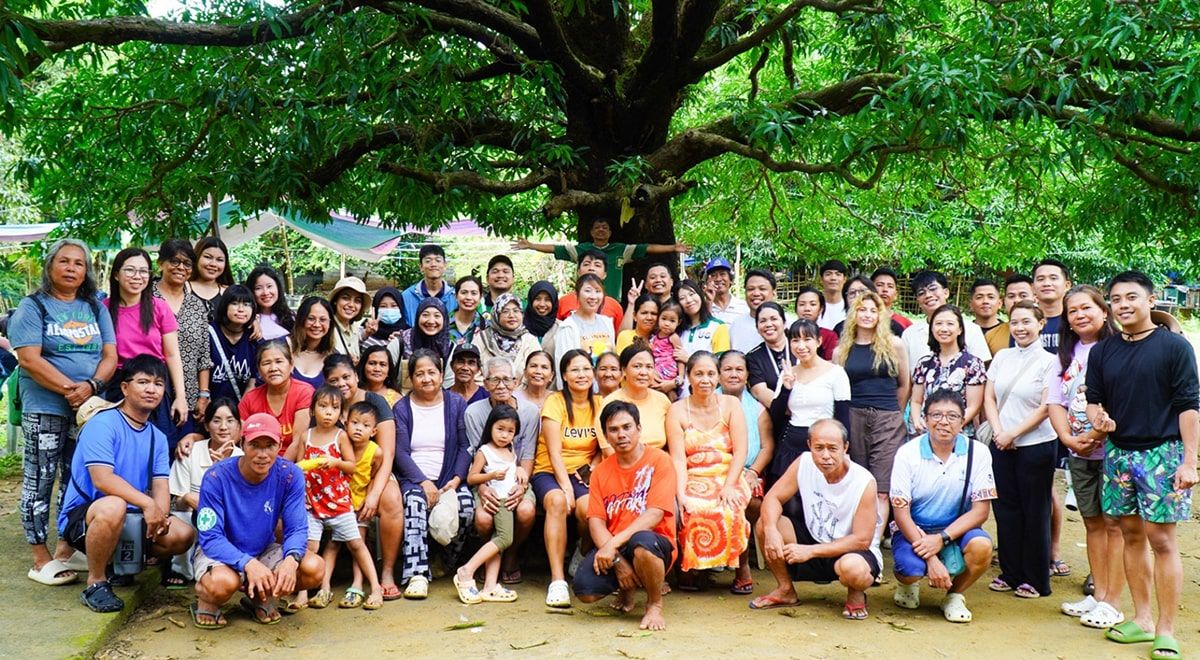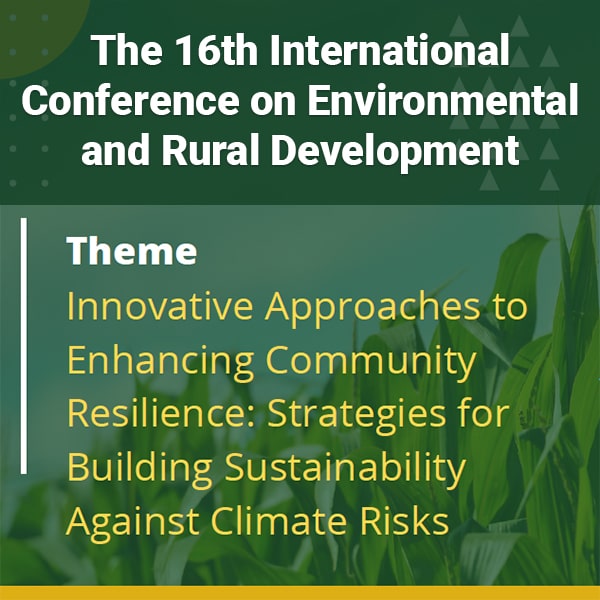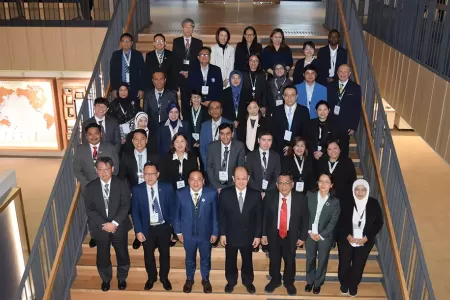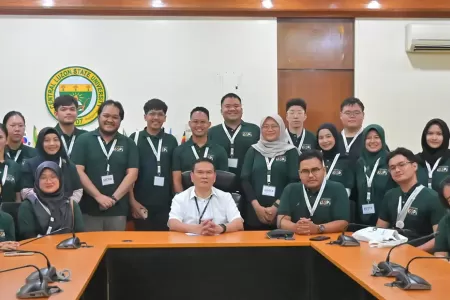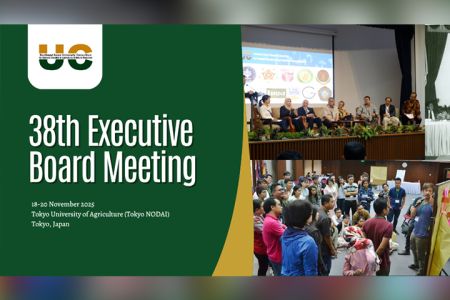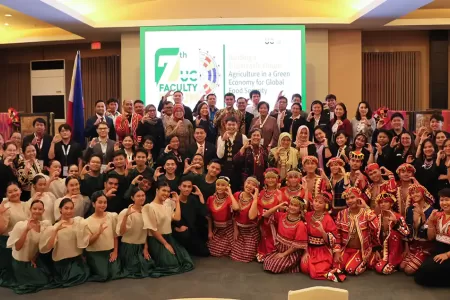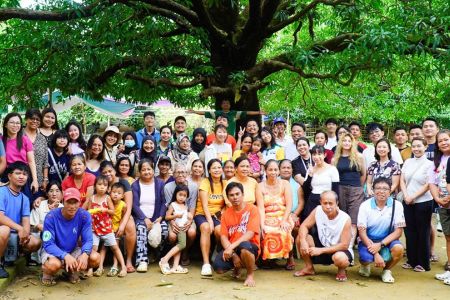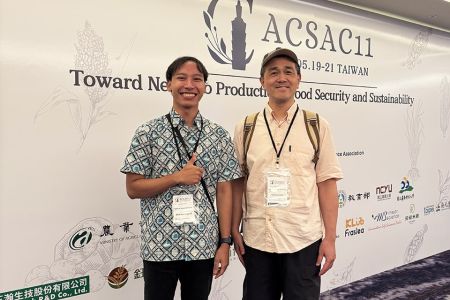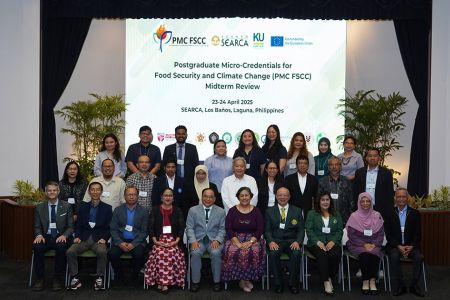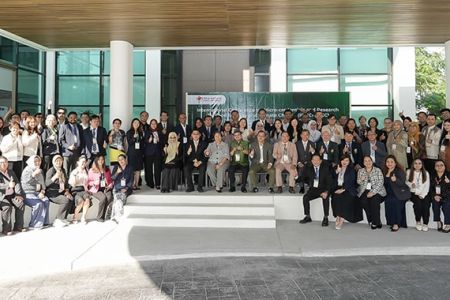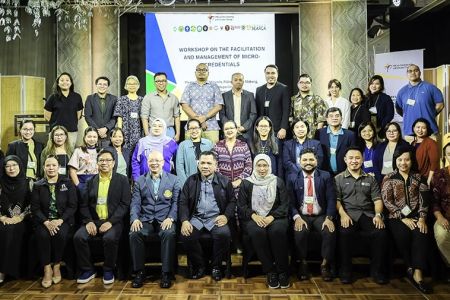New role for UPM's agriculture farm on campus
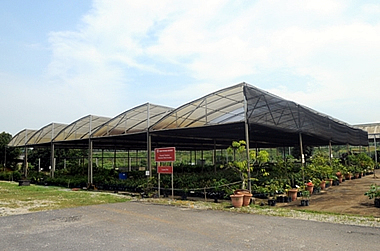
Many ordinary folks still think of the Taman Pertanian Universiti (TPU or University Agriculture Park) as the 426 hectares of sprawling land that has been devoted to agriculture and animal husbandry for education, research, and training purposes for more than half a century. But to the many UPM agricultural graduates who have sharpened their skills at the “farm,” it is the test bed of Malaysian agriculture where many of today’s nation builders have honed their skills and knowledge in agriculture, such as in developing the very successful rubber and palm oil industry of Malaysia and in guiding the paddy farmers of Kedah and Perlis to undertake double cropping in the 1960s, thus improving the lives of the farmers.
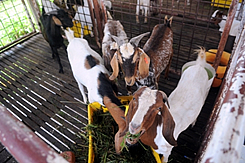 “The farm has had its good and bad days, its ups and downs,” said Prof Dr Abdul Shukor Juraimi, Dean of the Faculty of Agriculture, as he outlined the new role of the TPU in the coming days.
“The farm has had its good and bad days, its ups and downs,” said Prof Dr Abdul Shukor Juraimi, Dean of the Faculty of Agriculture, as he outlined the new role of the TPU in the coming days.
In the past, the farm was abundant with coffee, tea, and cocoa, aside from rubber and palm oil. Its fruit orchards where durian and rambutan fruits were propagated made UPM well-known among the folks in the Klang Valley.
However, when the government changed its economic focus from agriculture to industry, the farm which was a cost centre was relegated to a minor role.
“But with the new Vice Chancellor, Prof Datuk Dr Mohd Fauzi Ramlan, we are given the task of transforming the farm to make it profitable and sustainable,” said Dr Shukor, adding that agriculture is still UPM’s niche and core business.
“We have to look into how we can generate better returns so that the students can immerse themselves and learn farm management, ROI (returns on investment) and what it takes, for example, to maintain a hectare of palm oil plantation. We know we may not be as competitive as the private sector but the UPM farm should be able to run on its own steam and continue to be a test bed for Malaysian agriculture,” he said.
Dr. Shukor was also quick to add that the transformation would not be an easy task and is likely to take some years to achieve. For instance, 20 years ago when UPM experts started working on cantaloupes, the first local cultivars developed were bland. Now, the home-grown variety has attained sweetness of 12 or 13 brix (a measurement of sugar in the fruit), similar to the imported ones.
Another feather in the farm’s cap is the saTiri turf grass, now used in Templer’s Park, Damai Golf Club, and UPM golf course, Bayu lawn bowl in Klang, and the Sepang lawn bowl, among others. Dubbed as the super dwarf grass, its darker green color lends a more luxurious look to golf courses, not to mention its tolerance to water stress and shade.
A cross-breed between the Malayan fowl or ayam kampung with their wild cousins (ayam hutan or jungle fowl), was also developed at the farm. The new breed called akar putra is bigger and grows faster.
It was also in the farm that UPM scientists were able to successfully propagate orchids through tissue culture. The method, which had trickled down to private orchid farms today, ensures that the orchid flowers are the same as that of the mother plant.
Nowadays, a drive around the farm with its valleys, streams, ponds, and lakes is a refreshing experience and takes about 20 minutes by car from Kuala Lumpur.
As a service sector, TPU’s role is to provide UPM’s institutes and faculties their raw material requirements. Hj Abdul Ghani Hashim, Divisional Head of TPU, said that the farm has been serving 13 institutes and faculties, which have a combined total of 26 courses. With an average of 80 students per course, there have been around 2,080 students who would make use of the farm as a test bed for their studies and research work.
The facilities in the farm could be used for research depending on their areas of studies. For example, there are machineries that can plough fields - 76 hectares for nursery, horticulture, and floriculture for those keen on flowers and decorative plants; 54 hectares of palm oil; 3.5 hectares for covered sheds for poultry farming; and 100 hectares for vegetable, goat, deer, horse, or equine farming.
While the main functions of the farm are for teaching and research, Prof. Dr Abd. Wahid Haron, Director of TPU, has been thinking of income-generating activities, especially from the farm’s fruits and vegetables. Rare fruits and herbs, like the Brazilian nuts, nutmeg, and the “mahkota dewa”, a small tree with fruits said to be a potent cure for high-blood pressure and cholesterol, abound in the farm.
At present, TPU sells their farm produce at a sales office within the campus and people in-the-know would buy fresh fruits, vegetables, fish, and meat like chickens and quails, as well as compost and saplings of fruit trees.
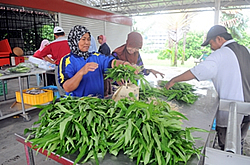 The TPU vegetable farm is accredited by the Agriculture Department for demonstrating best farming practices.
The TPU vegetable farm is accredited by the Agriculture Department for demonstrating best farming practices.
“We also send our excess produce to our Food Science and Technology Faculty to market or for use in their L’apprenti Restaurant as food ingredients,” Dr. Wahid said.
Dr. Wahid said that TPU is looking forward to supporting the Faculty of Agriculture in their urban agriculture campaign in the coming months.

